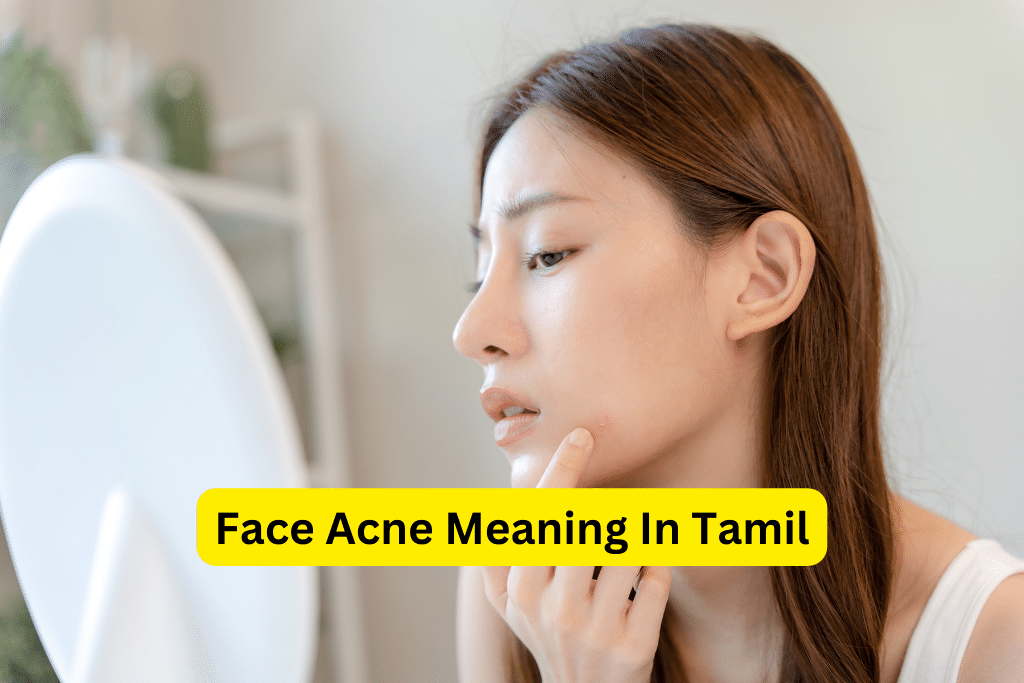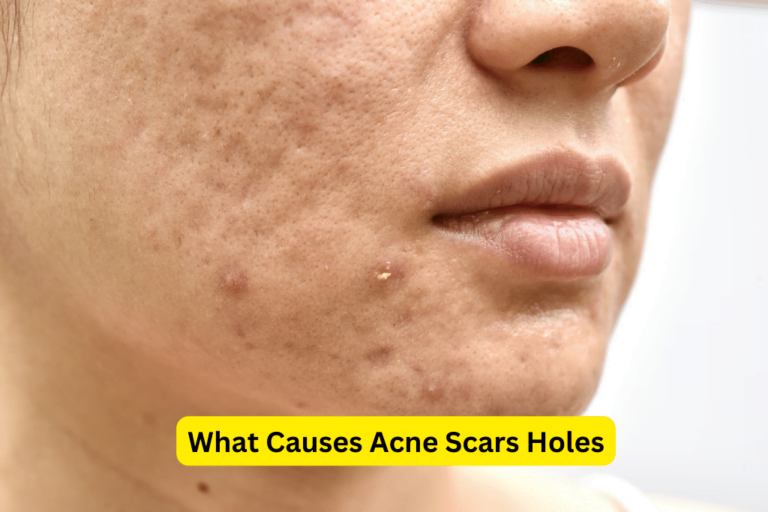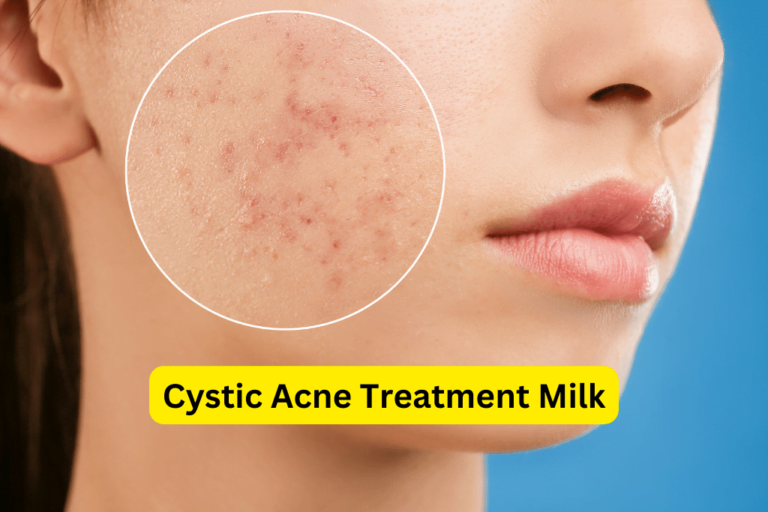Understanding Face Acne in Tamil: A Guide to Clear and Healthy Skin
Face Acne Meaning In Tamil
In Tamil culture, face acne holds a significant meaning. It not only affects one’s physical appearance but also has a deep impact on their self-esteem and confidence. To effectively address face acne, it is crucial to understand its meaning and underlying causes in Tamil culture. This article aims to provide a comprehensive guide to face acne in Tamil, including its causes, symptoms, treatment options, and preventive measures.
I. Understanding Face Acne
A. Definition and Types of Face Acne
Face acne, commonly known as “mukkandam” in Tamil, refers to the skin condition characterized by the presence of pimples, blackheads, whiteheads, and other skin blemishes on the face. There are different types of face acne, each with its own characteristics and treatment approaches.
B. Causes of Face Acne in Tamil
The causes of face acne in Tamil culture are diverse and can vary from individual to individual. Some common factors include:
- Diet: Certain foods, such as oily and spicy dishes, are believed to trigger face acne.
- Genetics: Family history and genetic predisposition can contribute to the development of face acne.
- Pollution: Environmental factors, such as air pollution, can clog pores and lead to acne formation.
- Hormonal changes: Fluctuations in hormone levels, especially during puberty or menstruation, can contribute to the onset of face acne.
II. Symptoms and Signs of Face Acne in Tamil
A. Facial Pimples and Breakouts
Pimples are a common symptom of face acne. They can vary in size, shape, and appearance, causing discomfort and affecting one’s self-confidence. Facial pimples may be accompanied by redness, tenderness, and pus-filled centers.
B. Blackheads and Whiteheads
Blackheads and whiteheads are another common manifestation of face acne. Blackheads appear as small, dark spots on the skin’s surface, while whiteheads are small, flesh-colored bumps. Squeezing or picking at these blemishes can lead to infection and scarring, so it is important to handle them with care.
III. Cultural Significance of Face Acne in Tamil
A. Traditional Beliefs and Myths
Face acne in Tamil culture is often associated with certain traditional beliefs and myths. Some believe that face acne is a result of past-life sins or an imbalance in the body’s energies. Such beliefs may influence the treatments and remedies sought by individuals.
B. Impact on Self-esteem and Confidence
Face acne can have a profound impact on an individual’s self-esteem and overall confidence. In Tamil culture, where physical appearance holds great importance, face acne can lead to feelings of embarrassment, shame, and social isolation. It is crucial to address not only the physical symptoms of face acne but also the emotional well-being of those affected.
IV. Treatment and Prevention
A. Home Remedies and Natural Treatments
Tamil culture has a rich tradition of natural remedies for face acne. Some commonly used remedies include:
- Turmeric: Applying a paste of turmeric and water can help reduce inflammation and prevent acne breakouts.
- Neem Leaves: Boiling neem leaves and using the water as a face wash can help control acne-causing bacteria.
- Aloe Vera: The gel from an aloe vera plant can soothe irritated skin and reduce redness.
While these natural remedies can be effective, it is important to note that their results may vary for different individuals. Consulting a dermatologist is advised for severe or persistent face acne.
B. Medical Treatments
In Tamil Nadu, there are several medical treatments available for face acne. Dermatologists may recommend:
- Topical Medications: Prescription creams or gels containing ingredients like benzoyl peroxide or retinoids can help control acne.
- Oral Medications: In severe cases, dermatologists may prescribe oral medications like antibiotics or isotretinoin to combat face acne.
- Procedures: Certain procedures, such as chemical peels or laser therapy, may be used to reduce acne scars and promote clearer skin.
C. Prevention Tips
Prevention is always better than cure. Individuals can take proactive steps to prevent face acne by following these tips:
- Maintain a Healthy Diet: Consume a balanced diet rich in fruits, vegetables, and whole grains while minimizing oily and spicy foods.
- Practice Good Skincare: Keep the facial skin clean by using a gentle cleanser and avoiding harsh scrubbing or overwashing.
- Avoid Touching the Face: Refrain from touching or picking at acne blemishes, as this can worsen inflammation and increase the risk of infection.
- Manage Stress Levels: Chronic stress can contribute to hormonal imbalances. Engaging in stress-relieving activities like exercise, meditation, or hobbies can help reduce the risk of face acne.
V. Seeking Professional Help
A. Importance of Consulting a Dermatologist
If face acne persists or worsens despite home remedies and lifestyle changes, it is essential to consult a dermatologist. Dermatologists are medical experts specialized in diagnosing and treating various skin conditions, including face acne.
B. Recommended Dermatologists in Tamil Nadu
For individuals seeking professional help for face acne in Tamil Nadu, here are some reputable dermatologists:
- Dr. Tamil Dermatology Clinic: Located in Chennai, Dr. Tamil Dermatology Clinic specializes in the diagnosis and treatment of face acne.
- Dr. Rani’s Skin and Hair Clinic: Situated in Coimbatore, Dr. Rani’s Skin and Hair Clinic offers comprehensive dermatological services, including face acne treatment.
- Dr. Arun’s Dermatology Center: With multiple branches across Tamil Nadu, Dr. Arun’s Dermatology Center is renowned for its expertise in treating various skin conditions, including face acne.
Conclusion
Understanding the meaning of face acne in Tamil culture is vital for effective treatment and prevention. By recognizing the causes, symptoms, and available treatment options, individuals can take proactive steps to clear and maintain healthy skin. Whether through home remedies, medical treatments, or seeking professional help, it is essential to address both the physical and emotional aspects of face acne for a holistic approach to skincare.









